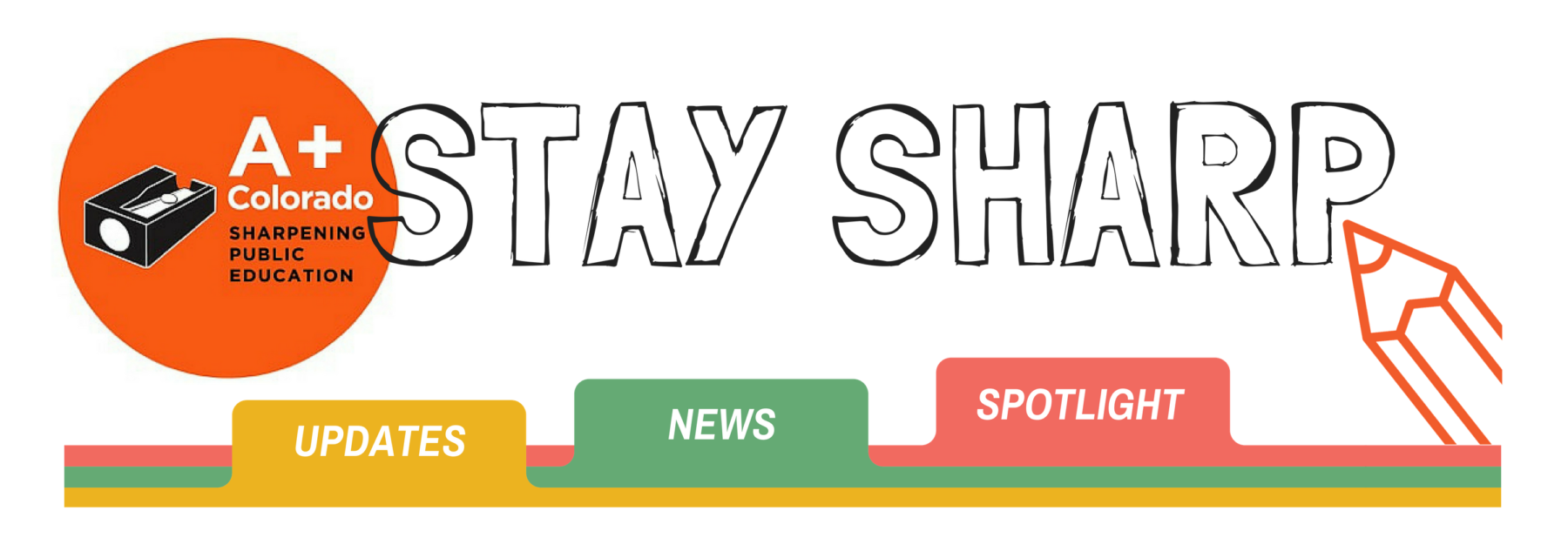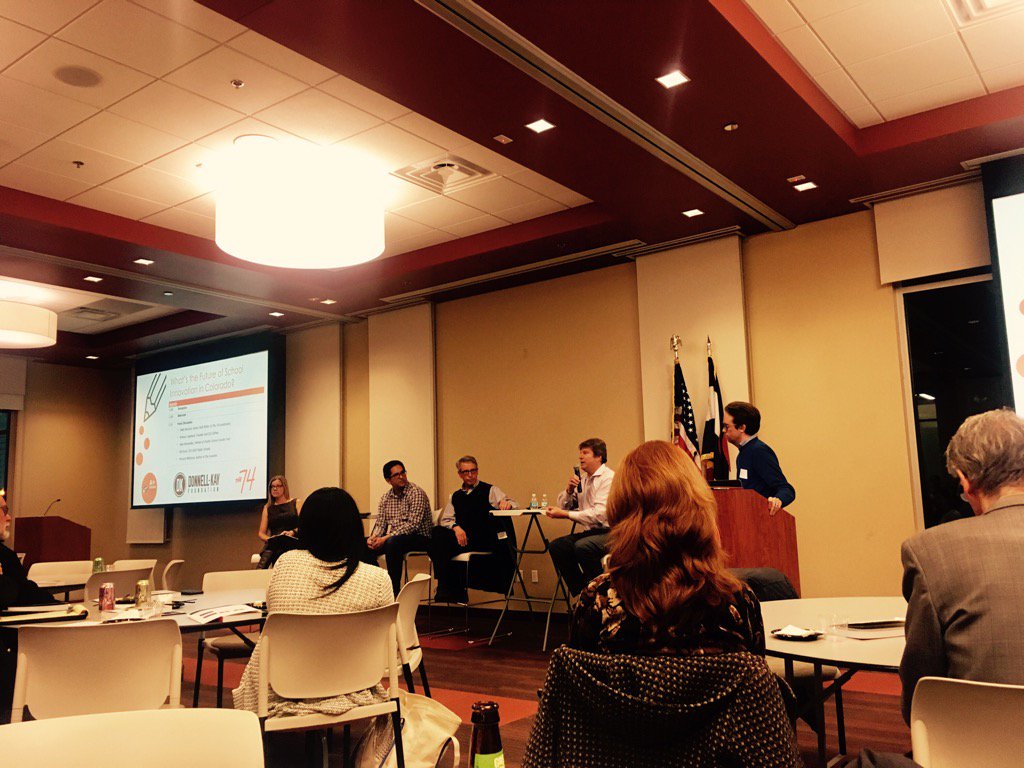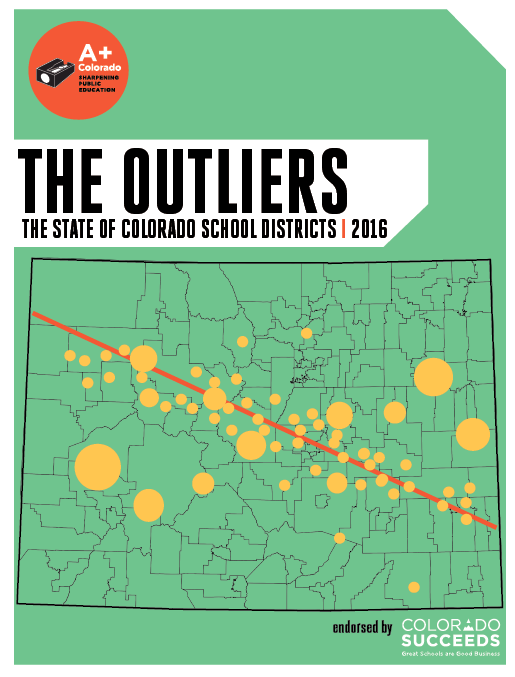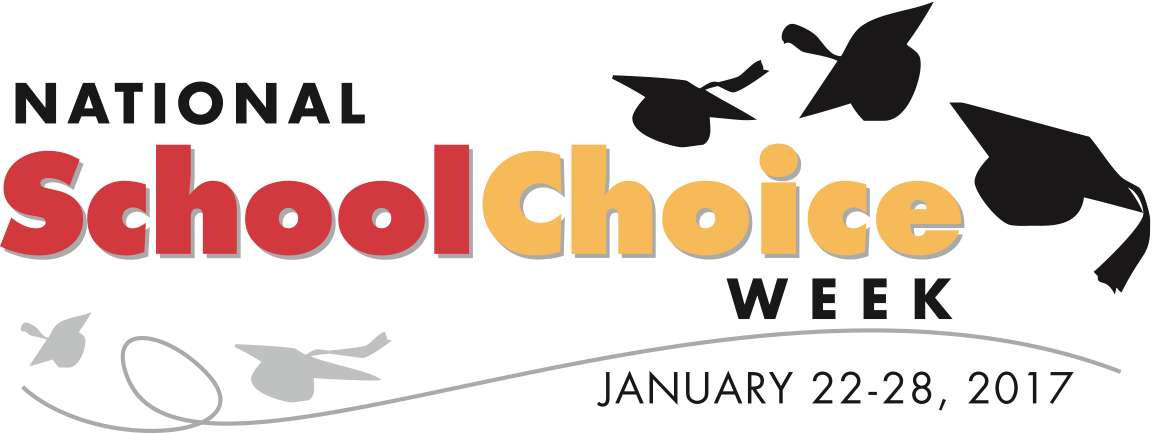A+ Updates
An Innovation Evening
Over 100 people joined our conversation about the future of charters and innovative school designs in Colorado, where we explored questions about the future of charter authorizing, expansion, and new models in Colorado and their impact on student achievement. We heard from a number of national and local experts including: Richard Whitmire, author of The Founders; Bill Kurtz, CEO DSST Public Schools; Brenna Copeland, CEO EdPlex; and Alex Hernandez, Partner at Charter School Growth Fund.
Did You Hear About the Midnight Rambler?
A+ CEO Van Schoales has some thoughts and advice for Secretary of Education nominee Betsy DeVos, as well some reflections on Denver’s innovation school network, Luminary Learning Network.
Teacher Pay: You Were Heard
Did you miss out on our Nov. 30 event about A Fair Share? Here’s a recap of the event, including a summary of all the great feedback we collected from participants. We are hoping to see both the school district and union move towards creating a new pay system that does a better job supporting our best teachers. It is time for ProComp 2.0 to move up to ProComp 3.0.
Stay Tuned for a BIG Report on the State of Colorado’s Districts
Keep an eye out for our upcoming, groundbreaking report The Outliers highlighting student performance in school districts across Colorado to be released February 1, 2017. Attend the press conference on 2/1, West Steps of the Colorado State Capitol Building, 9:30 am.
News to Share
DPS to Close Low-Performing Schools
In December, the Denver Public School Board of Education voted unanimously to close three schools, Amesse Elementary, Greenlee Elementary, and Gilpin Montessori under the new School Performance Compact–a policy that outlines when the Board will close or restart low-performing schools based on a set of objective criteria. While we believe the district has improved its process for engaging school communities through conversations this fall leading up to the implementation of the School Performance Compact, it is clear there were challenges with the school review process and how it was communicated to community members. As evidenced by a packed board meeting last week with primarily Gilpin community members, school closure is a painful process for any school community, even when closure and restart may be the best opportunity to drastically improve the education students in the building receive. The district should learn from these experiences, and more meaningfully engage school communities ahead of, and during, these decision-making processes.
All Talk, Not a lot of Walk… Yet.
The Legislature has started per usual with lots of talk about how to fix education and general funding in Colorado. There is also some talk of changing laws related to teacher quality, charter funding, and school accountability, but no actual walking on legislative legs yet.
New Sheriff(s) in Town
The Colorado State Board of Education elected a new set of officers with Angelika Schroeder as Chair, and hired Dr. Katy Anthes as Commissioner of Education. At A+ Colorado, we hope that this signals the arrival of some stability at CDE, stability that allows the department to focus on what will be done to ensure that the thousands of students in the lowest performing schools and districts are given a lifeline to a quality education. In particular, we hope that CDE will address the actions it will take as districts and schools reach the end of the accountability clock.
Will the Accountability Clock Keep Ticking?
Aurora Public Schools (APS) is appealing their “Priority Improvement” District Performance Framework (DPF) Rating. This is on the heels of CDE’s denial of Aurora’s initial request to reconsider their DPF rating. In the original request, the district’s rationale for increasing their rating to “Accredited with Improvement Plan” were: excluding their Alternative Education Campuses from the performance calculation; excluding New America School’s graduation rates; excluding 8 mis-scored PARCC assessments; and finally, excluding Aurora Central High School due to its recently adopted innovation plan. CDE decided to deny this request. APS is now in the midst of appealing that denial. If the district does not manage to have its DPF rating changed, this year will be its last chance to get off the accountability clock before facing State Board of Education improvement interventions. Westminster is in the midst of a similar battle. The stakes in Westminster, however, are higher. If they do not get their performance rating changed, they face state intervention decisions as early as this spring.
Integrate the Classes
The Donnell-Kay Foundation sponsored a thoughtful discussion on the merits and opportunities of socio-economic school integration last week. A+ has, and continues to, advocate for Denver and other districts to do more to ensure that students have learning experiences with students of different backgrounds. (Remember, this isn’t just a district issue.) Research and experience shows that it has a positive impact on all student’s learning. Districts can reserve seats for low income students in their high-performing schools, modify school boundaries, enrollment practices and ensure transportation for low-income students to support school greater school integration. Learn more about racial segregation in Denver from our overview of the topic.
Spotlight: It’s the Time of the Season for SchoolChoice
It’s Round 1 of SchoolChoice time in Denver, and National School Choice Week. Here at A+ we believe it critical that families have the ability to find the right school for their student. This might be the school a block down the street, across town, or in a neighboring school district. Wondering what school choice looks like in Colorado? Here are some facts to get you started:
- Colorado’s history of letting students choose which school to attend started with open enrollment in 1994-1995. For the 2016-17 school year, over 90,000 students are taking advantage of Colorado’s open enrollment, and are attending a school in a district outside of their parent’s residence.
- 7,680 students whose parents live in Denver are attending school in another school district; 5,594 students whose parents live outside Denver are attending a DPS school.
- In Aurora, 5,353 students whose parents live in the APS school district are attending a school outside the district; and 1,687 students whose parents live outside Aurora attend an APS school.
- Denver, Boulder, and now Pueblo 60, have unified enrollment processes where families can fill out a single application to preference the school they want their child to attend. Denver offers some examples of how a district can support families in participating in the school choice process, providing information to families to help them pick a school including school choice expos, neighborhood enrollment centers, enrollment guides that include information about school programming and student performance, and, new this year, a guidebook to help families determine what they want in a school for their child. (If you’re looking to catch up on how Denver’s SchoolChoice process works, check out previous A+ evaluations).
- For 2016-17, 84% of DPS students in transition grades (entering Kindergarten, 6th grade, and 9th grade) participated in SchoolChoice. Of those students, 84% were matched with their first choice school, an increase from 78% the year before.
A+ in the News
Teaching in Colorado in 2016: Debate intensifies over how to find, keep and pay good teachers, Chalkbeat Colorado



